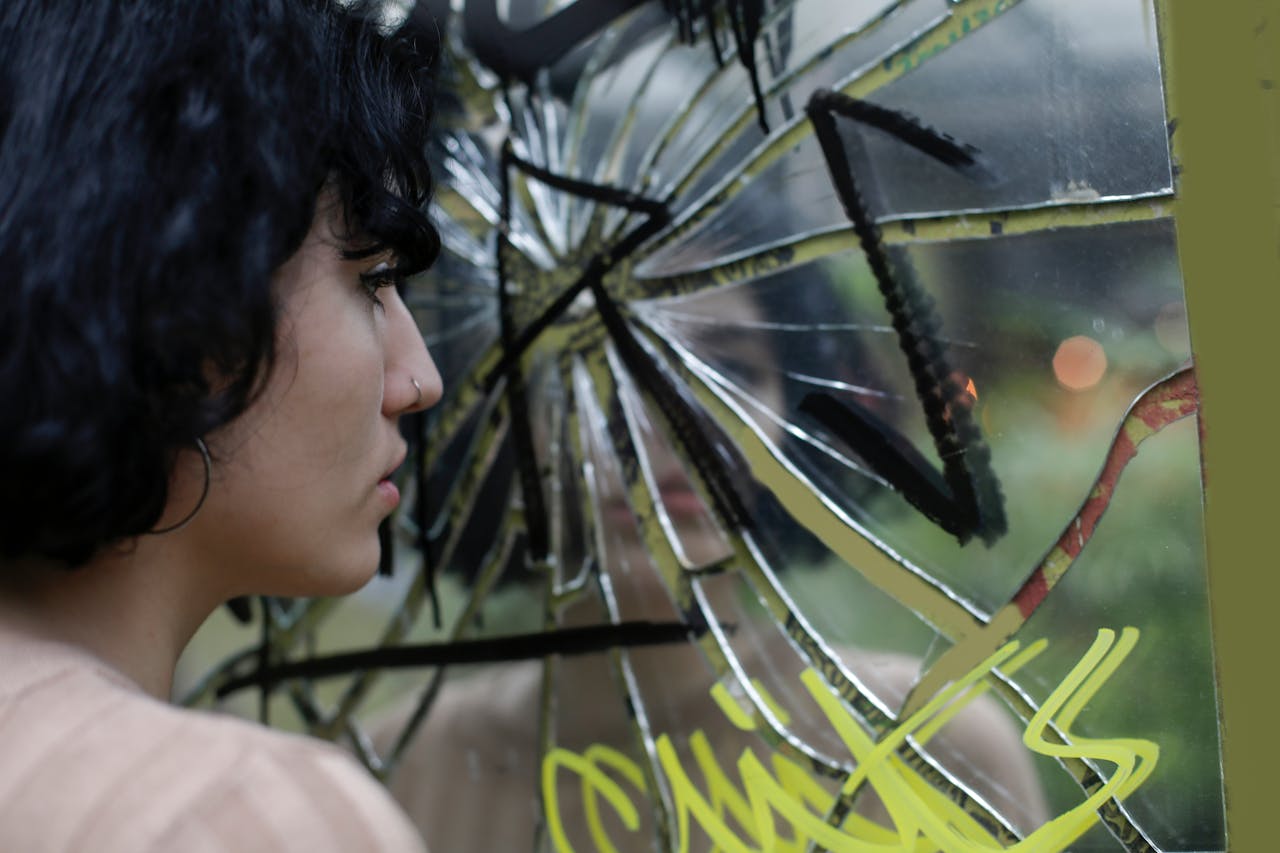Wholeness is the inclusion of our brokenness when we are taught that it is a resolution of brokenness. We think we are whole when we receive closure, but there will be times when we don’t. This doesn’t change who we are. Any instances where we feel incomplete, uncertain, or disjointed don’t mean that we aren’t perfect. The brokenness we feel isn’t a contradiction. Even with cracks and scars, we still are who we are. Look around you. A car with a dent is still a car, a cup with a crack is still a cup, and a street with potholes is still a street. When we experience negativity in our lives, we tend to treat it as something we want to exclude from our lives. Exclusion is easy to do with a story that doesn’t follow our expectations.
What is True Perfection?
Perfection is the container that holds all imperfect things. We are perfect because we can look upon the things that we deem unacceptable and say, “This, too, belongs.” We don’t try to chase these feelings away; instead, we remain aware of the parts of ourselves that feel fragmented. This type of perfection allows you to fall apart because, in your falling apart, you remain as you are.
The 13th-century poet Rumi once said, “The wound is the place where the Light enters you.” The light we seek tends to show through the cracks we try to hide. We treat our brokenness as a barrier when, in fact, it is the path. It becomes the path because we can no longer hold the image of ourselves together. As a result, we become more humble, and expectations start to dissolve. What breaks us may be the very thing that frees us.
The Fight Within
By not surrendering to our inner brokenness, we create a division within ourselves. We separate ourselves into the good parts of us and the bad parts of us. Just imagine the most epic battle on the field, but all the soldiers charging toward each other are you. It’s all you versus you. There’s no good wolf or bad wolf in this scenario. Our minds want the good to win, but when the “good” wins, we hide our grief and pretend that our battle wounds are gone.
The only reason we should acknowledge the negative aspects of life is simply that they exist. There’s no running away from it. We already spend so much effort and energy trying to justify pain, understand trauma, and explain failure. Is this not what happens when a therapist is advocated for? We are trying to find answers to our pain, but what if there isn’t a need for resolution? I believe that anything that can be monetized isn’t a need but an escape. Is it possible to let our trauma go unanswered and exist without meaning? When a mother has a baby, she doesn’t ask what the meaning of this baby is. She allows it to exist in her care because it came from her.
Questions and Responses
It means being whole isn’t about fixing or erasing our pain. It’s about embracing every crack, scar, and unresolved emotion as an essential part of who we are.
We’re conditioned to think healing is about finding resolution. But true healing comes from allowing open wounds to exist without needing to close them.
No. Brokenness is not a contradiction to perfection, but a path to humility, freedom, and light. As Rumi says, “The wound is the place where the Light enters you.”
By acknowledging them without judgment. Say, “This, too, belongs.” Let every feeling, even the hard ones, take up space. That’s radical self-love.
That’s okay. Not everything must have meaning to matter. Some things, like a newborn baby, exist simply to be held with care, not explained.

